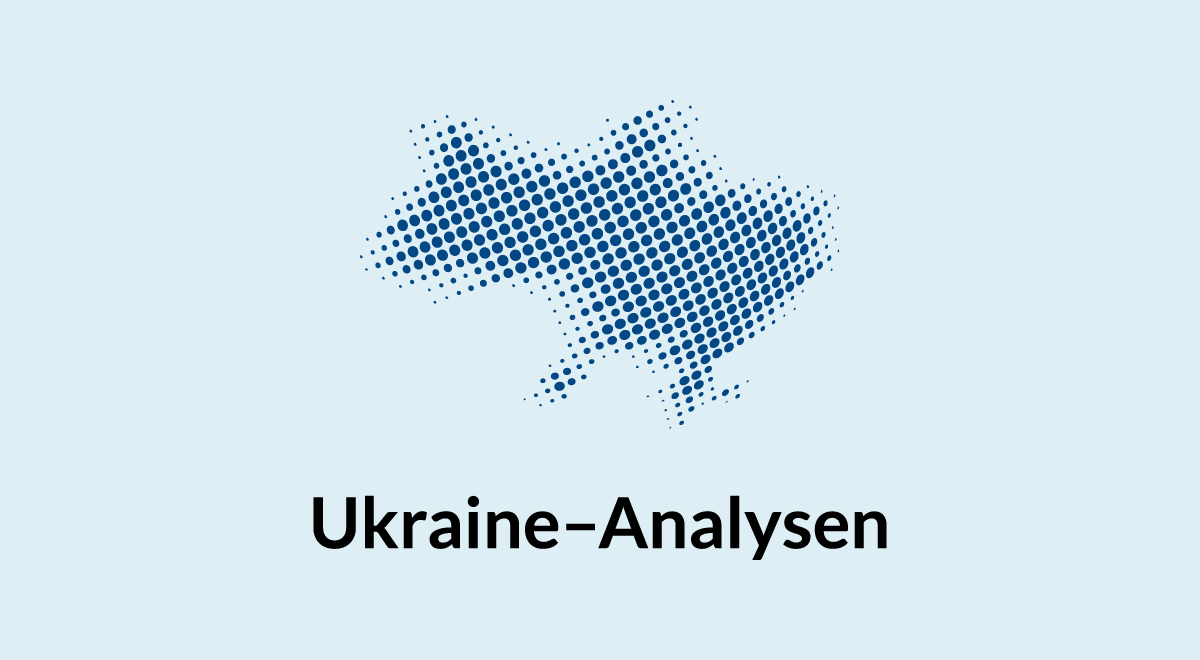![]() Artikel
Artikel Von Nadja Douglas
ZOiS Report 6/2020 State-society relations in Belarus have been tense for many years. The presidential elections in August 2020 and the mishandling of the ongoing Covid-19 pandemic have proved to be the catalyst that brought these fragile relations to a complete breakdown. Over the years, the widening gap between a new generation of an emancipated citizenry and a regime stuck in predominantly paternalistic power structures and reluctant to engage in political and economic reforms has become increasingly evident. The deteriorating economy during the last decade and the perceived decline of the country’s social welfare system have been important factors in these developments. At the same time, the regime has continued to invest in its domestic security structures to a disproportionate extent compared with neighbouring states, allowing the so-called silovye struktury (“state power structures”) to gain influence at the highest level of state governance. (…)
Zum Artikel auf zois-berlin.de  Analyse
Analyse Von Andreas Umland
In der allgemeinen Diskussion um die Reform des ukrainischen Hochschulwesens und den zuständigen Bildungsminister Dmytro Tabatschnyk spielt die Kiewer Mohyla-Akademie eine besondere Rolle. Die Vertreter der Akademie melden sich in der gegenwärtigen Auseinandersetzung um die politische Ausrichtung der Ukraine vergleichsweise laut zu Wort. Das Verhältnis zwischen der auf nationale Wiedergeburt orientierten Akademie und dem russophilen Bildungsminister, dessen Rücktritt von großen Teilen der ukrainischen intellektuellen Elite gefordert wird, ist ein besonders schwieriges. Der folgende Artikel untersucht diese und weitere Konfliktlinien.
Zum Artikel